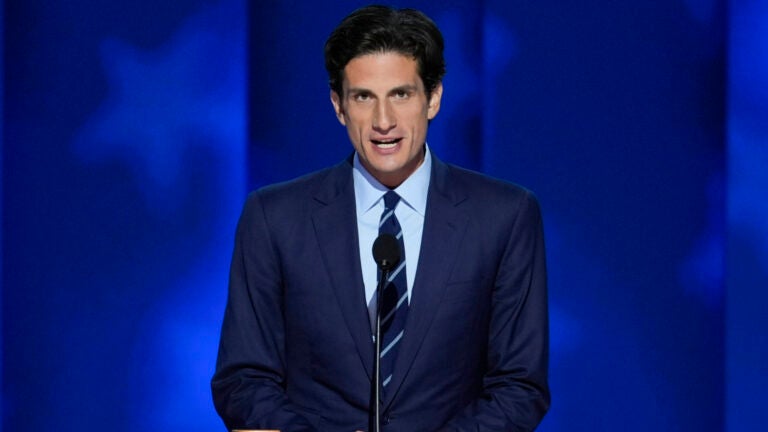National News
It exposed at least one CIA agent’s complete personnel file and the Social Security numbers for hundreds of other people.
In the 64,000 pages of documents released this week regarding the 1963 assassination of President John F. Kennedy, there appeared to be no redactions, those blacked-out sections that typically dot sensitive material, even once it is declassified, to mask confidential or compromising data.
Critics said that failure was evidence of an FBI rush to vet material released after a president’s demand. And it exposed at least one CIA agent’s complete personnel file and the Social Security numbers for hundreds of other people.
They belonged to congressional staff members, intelligence researchers, a former ambassador and scores more. Many of them are still alive, and they discovered Wednesday that the White House had leaked their personal information to the world.
President Donald Trump’s supporters praised the documents’ release as government transparency at its finest. But that was not how William A. Harnage, a former government contractor, said he felt when he learned from a reporter that his Social Security number had surfaced in a file from 1977.
“I consider it almost criminal,” said Harnage, 71.
Administration officials knew before the documents went out that releasing them without redactions would mean some personal information would be exposed, according to one person with knowledge of the effort that was granted anonymity to discuss the deliberations. The White House did not respond to a request for comment.
It was almost inevitable. Members of Trump’s national security team were surprised by his abrupt announcement, made Monday during a tour of the John F. Kennedy Center for the Performing Arts, that he would release what he said would be 80,000 documents the next day.
Though they had been preparing the records since Trump signed an executive order shortly after his inauguration mandating their release, his announcement set off a scramble by officials who were forced to pore over the documents for hours, trying to assess the risks.
Tulsi Gabbard, the director of National Intelligence, championed the untouched pages.
“President Trump is ushering in a new era of maximum transparency,” she wrote in a post on the social platform X on Tuesday. “Today, per his direction, previously redacted JFK Assassination Files are being released to the public with no redactions.”
“Promises made, promises kept.”
Trump himself has expressed little interest in the files’ contents, telling The New York Times in September 2021 that he was “not that curious” about the papers.
He considered releasing the Kennedy files during his first term. “The reason I did that was because I thought it was appropriate,” he said. “When you have something that’s so sacredly secret, it really makes it sound very bad. I think they maybe got it right, probably got it right. Let people examine it.”
That’s not how Judy K. Barga, who supports the president, sees it. The leak of her personal data is “not good for anybody,” said Barga, 80, a government contractor whose Social Security number was exposed. “People’s private information should be kept private.”
This article originally appeared in The New York Times.
Extra News Alerts
Get breaking updates as they happen.

